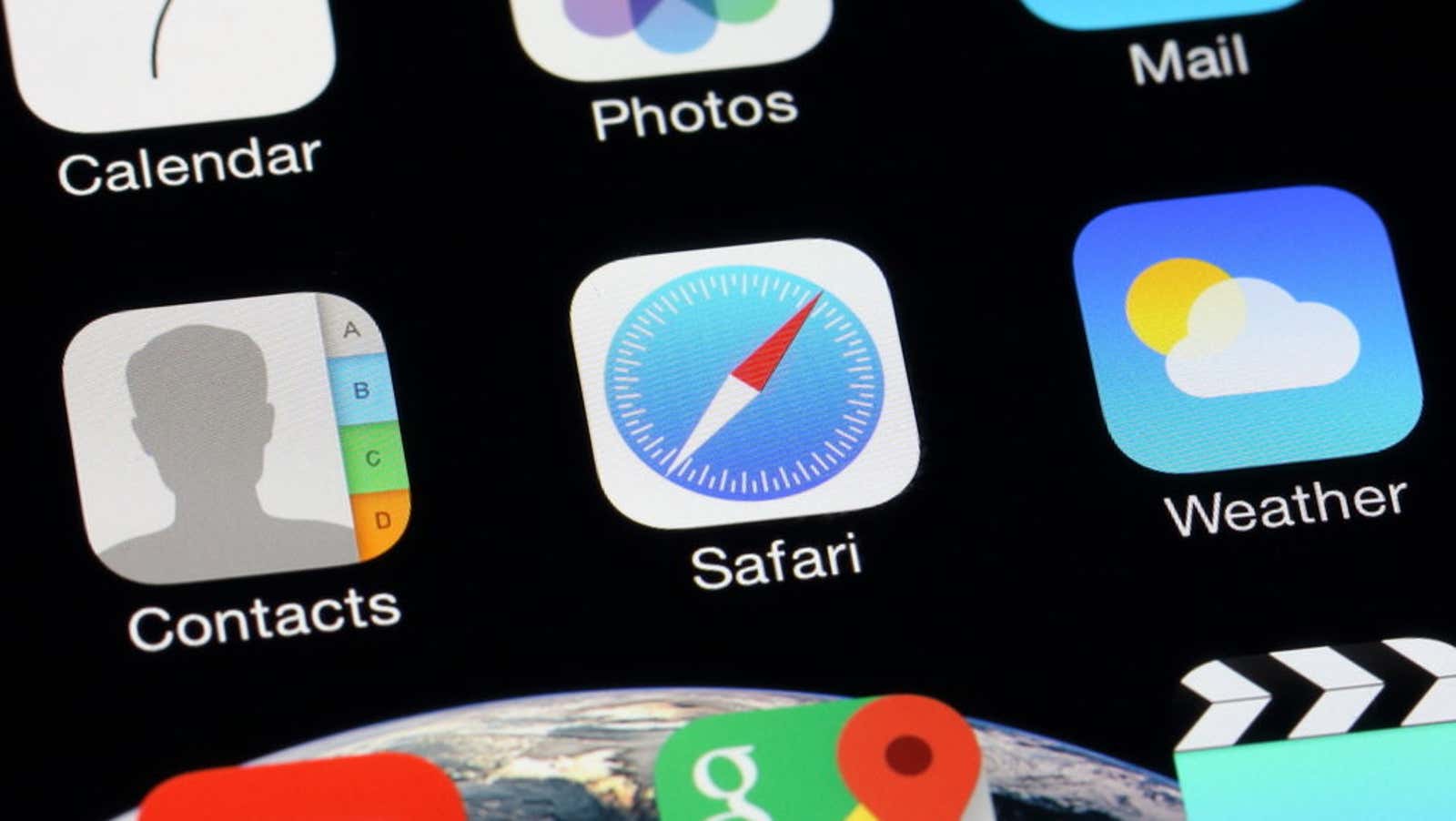Does IOS 13 Share Your Browsing Data With China’s Tencent?

The iOS 13 Fraudulent Website Alert feature for Safari mobile devices transmits some data about your browsing by default. This is usually a good thing , since Google takes that data, hashes what you are trying to access, and can only match what you were looking for with your IP address. However, in some cases, Apple also sends this data to the Chinese company Tencent , and there is another cause for concern, but most likely you are still fine.
Johns Hopkins University professor and professional cryptographer Matthew Greene wrote an in-depth blog post about the technology Apple uses for its Fraudulent Website Alert feature and how it has become the standard for “Safe Browsing”. However, the most important point is that this option is enabled by default for all iOS 13 users. Although you can disable it, your device will be at a much greater risk of malware and phishing attacks. Leave it on, however, and your data can be transferred to Tencent, a company that isn’t as interested in protecting your privacy as Google.
As Apple explains in a statement, the data only reaches Tencent if you are in China. If that’s not the case, don’t worry – Google, not Tencent, analyzes the websites you visit to make sure they’re not trying to trick you. As Apple said in a statement:
“Apple protects user privacy and protects your data with Safari Fraudulent Website Warning, a security feature that flags websites that are known to be malicious in nature. When this feature is enabled, Safari checks the website URL against lists of known websites and displays a warning if the URL that the user visits is suspected of fraudulent activities such as phishing. To accomplish this task, Safari receives a list of websites that it considers to be malicious from Google, and for devices with a region code set to mainland China, it receives a list from Tencent. “
If this whole attitude comes as a surprise to you, you are not alone; The only way to know about it is to read every line of Apple’s Safe Browsing Privacy Policy and its fine print, and the company did not explicitly disclose this anywhere else before or after the launch of iOS 13.
We’ll let you decide whether you prefer sharing browsing data in Safari or a less secure browsing experience. We recommend the former, but if you want to turn off Safe Browsing entirely, go to Settings> Safari and turn off Fraudulent Websites Alert . (You can also click About Safari and Privacy to view the current privacy policy.)
If you disable this setting, your iPhone will no longer warn you before visiting potentially dangerous websites, so you need to be particularly vigilant when browsing web pages .